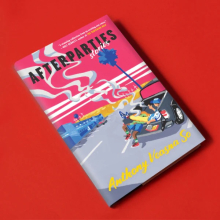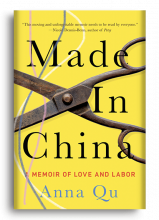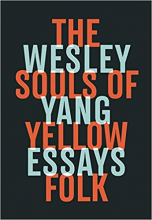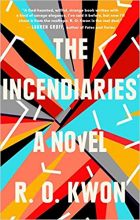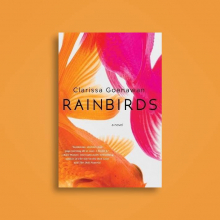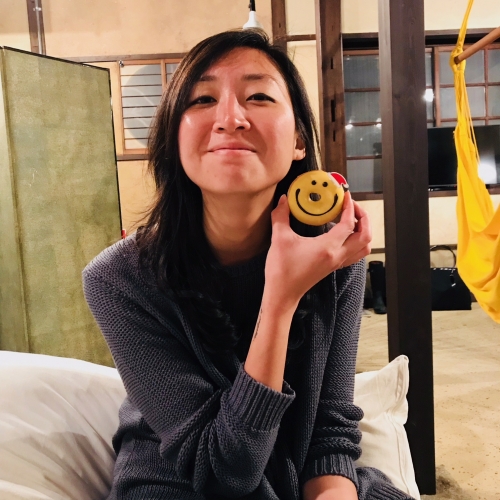
Joyce Chen is a second-generation Taiwanese-American writer, editor and journalist. Her writings have been published in Rolling Stone, Literary Hub, Narratively, People magazine, and the New York Daily News, among others. She is one of the founding editors of literary arts nonprofit, The Seventh Wave.

